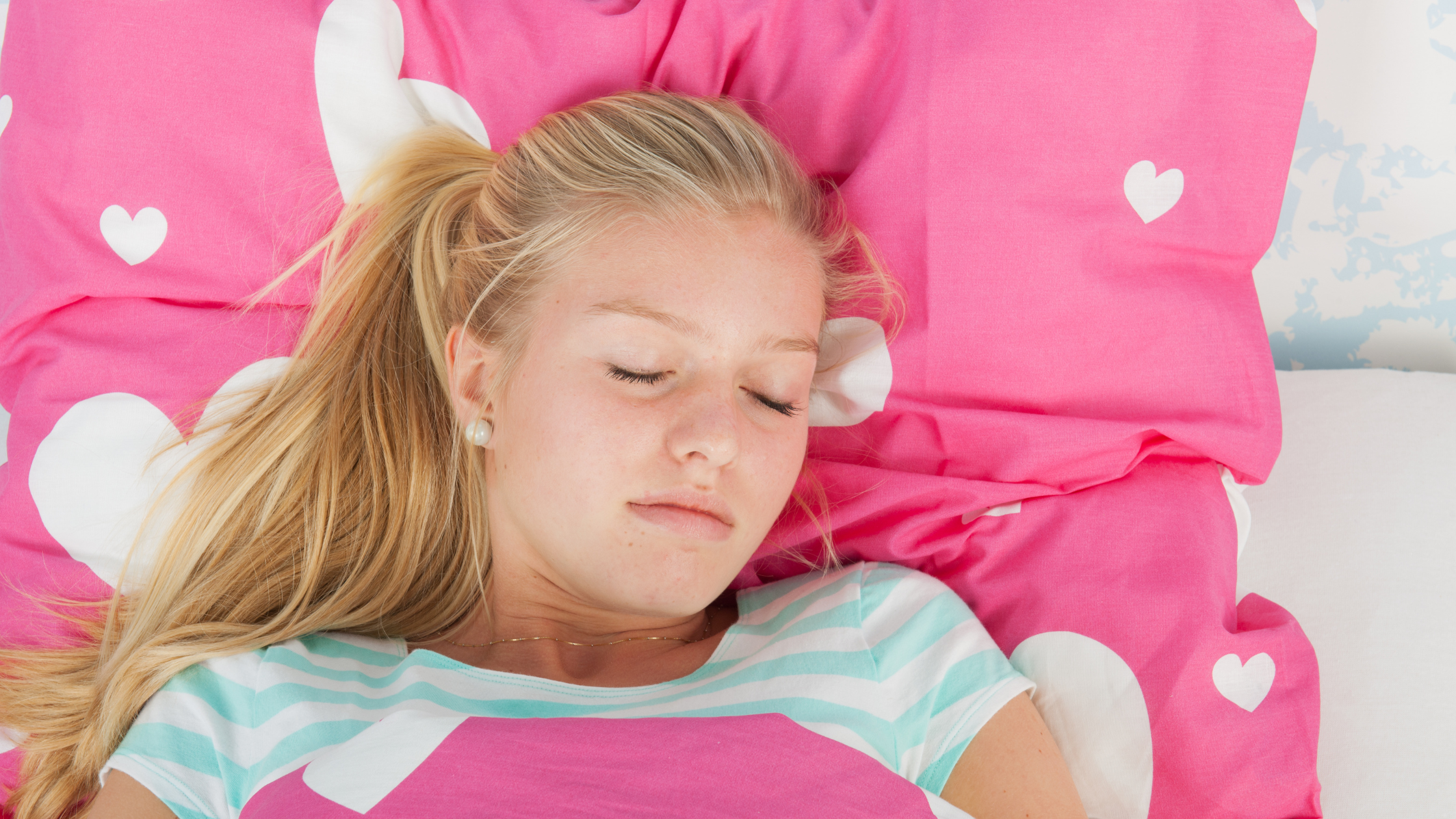 The beginning of school will be here before you know it, and it's important to understand your kid's sleep. There is so much information on the internet about sleep, it can be easy to pick up misinformation. But for the sake of your child's well being, it is vital that you understand the truth about sleep.
The beginning of school will be here before you know it, and it's important to understand your kid's sleep. There is so much information on the internet about sleep, it can be easy to pick up misinformation. But for the sake of your child's well being, it is vital that you understand the truth about sleep.
A lack of sleep can lead to irritability, failing grades, and other inadequacies in your child's life. As they are in a developmentally sensitive period, sleep is optimal for their neurological and physiological health. Continue reading to learn about 3 myths that parents get wrong about their kids' sleep.
Changing sleep patterns on the weekend is no biggie
According to a survey administered by a Harvard-affiliated hospital, approximately 74% of parents/caregivers believe that if their kids go to sleep and wake up at different times during the weekend, it's okay as long as they get enough sleep during that time.
However, varying schedules on the weekend leads to what is known as "social jetlag". This can worsen sleep and does not restore sleep deficits. Varying sleep schedules on the weekend can lead to lower academic performance, risky behaviors, and increased prevalence of mental health symptoms.
Later school starts lead to later sleep times
There has been debate in the educational field about later school start times and their benefit. However, 69% of parents and caregivers believe that if the school makes start times later, then children will just fall asleep later, leading to no benefit. However, multiple studies have shown that not to be true. Delayed middle and high school start times actually resulted in significantly more sleep, with extended sleep in the morning and very little impact on the amount of sleep they received at night.
The reason this works is because sleep phases change throughout life. Smaller children have a tendency to fall asleep earlier and wake up earlier. As children progress through adolescence, their phases shift later, causing them to want to fall asleep and wake up later. This can cause a problem when their natural circadian rhythm prefers later sleep times, but school still starts at seven in the morning. Children in rural areas suffer even more because they often have to travel long distances to get to school.
Melatonin is safe because it's natural
Melatonin is a natural hormone produced by the body to promote sleep. Sometimes, when not enough melatonin is being produced, it can be difficult for children, or people in general, to feel sleep enough to go to sleep. This can cause feelings of insomnia, which has negative impacts on academic performance, mental health, and overall feelings about oneself.
Melatonin is available as an over-the-counter supplement to provide the body with extra amounts of the supplement. With increasing sleep challenges, the administration of melatonin has has increased. The main issue is that more than 67% of parents and caregivers believe that melatonin is safe to give to their child because it is natural.
Studies on long-term effects of long-term melatonin use have not been completed. Therefore, it's unknown what can happen to children if they take melatonin for extended periods of time. Also, the content of melatonin varies from bottle to bottle, and even between pills/gummies in the same bottle. Melatonin's safety has yet to be established, so it's important that melatonin is given periodically, and with a trusted supplement that has some agency approval.
Establishing good sleeping patterns in adolescents
The most effective method of improving sleep in adolescents is changing their patterns and improving their sleep hygiene. Sleep hygiene consists of the environment they sleep in and the behaviors in which they engage prior to bedtime.
One behavior that they need to change is reducing caffeine intake. Energy drinks and pre-workout supplements can be jam packed with caffeine. Coffee drinks as well also have significant amounts of caffeine. If teens are consuming these at a high rate, extended duration of caffeine in the body can actually cause sleep challenges.
Another source of sleep challenges is electronics and phones. Blue light emitted from these sources can interfere with the release of melatonin when it's time to go to bed. Parents and caregivers should remove electronics from the bedroom so children can get uninterrupted sleep.
When creating the sleep environment, it should be cold, quiet, and dark. This means no nightlights or windows that let in street lights. White noise machines can be ways of blocking out outside noise so teens are not disrupted.
Teens should be getting in the bed at the same time, every single day. Even on the weekends. They also should be waking up at the same time. When they aren't they mess with their sleep schedule, and it's hard to switch back and forth from Saturday night to Sunday night.
If your child is having extreme difficulty falling asleep, then they. may have an underlying sleep disorder. Click the orange button below to take a free online sleep test and talk with one of our sleep health professionals. 
https://news.harvard.edu/gazette/story/2022/09/parents-are-so-wrong-about-teenage-sleep-and-health/
